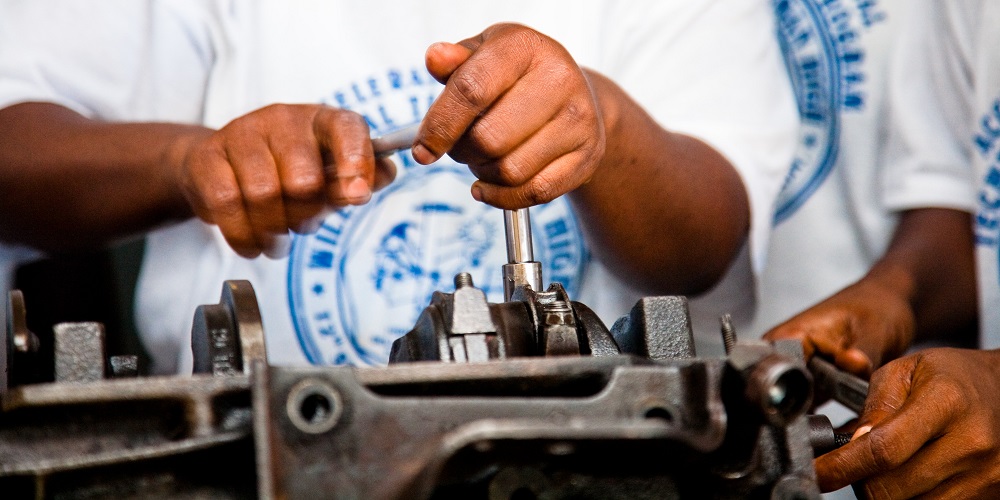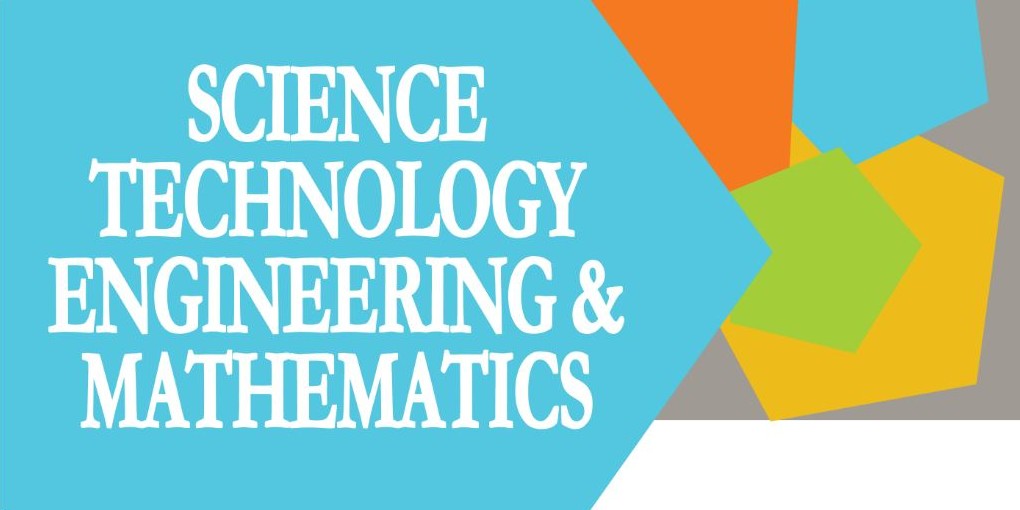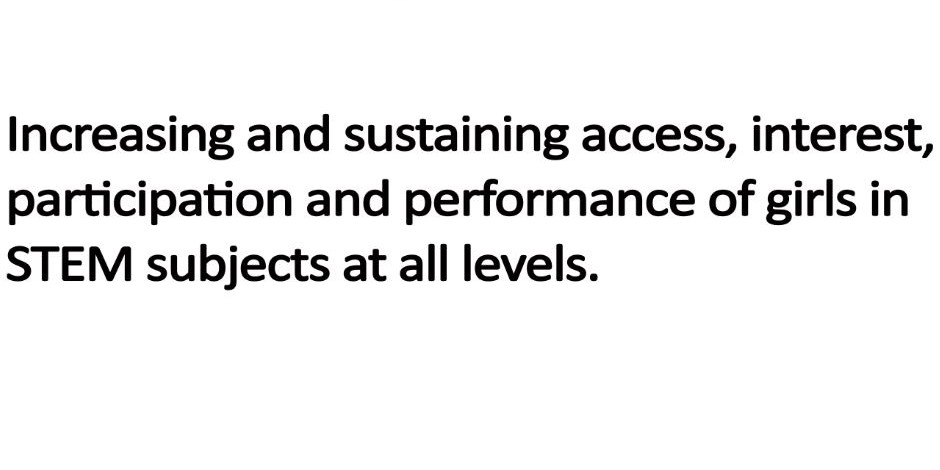Science, Technology, Engineering and Mathematics
Increasing and sustaining access, interest, participation and performance of girls in STEM subjects at all levels.
Many girls in sub-Saharan Africa do not participate significantly or perform well in Mathematics, Science and Technology subjects. This situation becomes more pronounced as the level of education increases and a combination of factors perpetuate the imbalance. These factors include cultural practices and attitudes and biased teaching and learning materials.
FAWE developed its Science, Technology, Engineering and Mathematics (STEM) model to increase and sustain access, interest, participation and performance of girls in STEM subjects at all levels.
The model trains teachers to adopt and use STEM curricula, teaching and learning materials and classroom practices that are gender-responsive. It involves not only teachers but education planners, curriculum developers, publishers and women leaders, and sensitises parents and stakeholders on the importance of girls’ participation in STEM.
The Science, Mathematics and Technology model was initiated in 2005 and has been introduced in Burkina Faso, Cameroon, Kenya, Malawi, Mali, Mozambique, Rwanda, Swaziland, Tanzania, Uganda, Zambia, Zanzibar and Zimbabwe.
Over 15,000 students have benefited from FAWE’s STEM programme since 2005.
Features of FAWE’s STEM model
The STEM model features extensive use of activities and resources including:
- Science camps and clubs.
- Study tours.
- Profiles on women achievers in science-based fields.
- Exposure to role models.
Awards to female achievers in STEM subjects
Impact of FAWE’s STEM model
- Higher rates of girls’ participation in SMT subjects.
- Improved test scores for girls.
- Improved teachers’ attitudes towards girls’ abilities and participation in SMT.
- Improved instructional materials for SMT subjects.
- Girls’ positive attitudinal change to SMT.
- Greater confidence for girls in tackling academic challenges.
- Enhancement of girls’ chances for career progression.
STEM Project in Uganda
Promoting Science, Technology, Engineering and Mathematics amongst girls in Uganda for equitable and sustainable development
Forum for African Women Educationalists Regional Secretariat (FAWERS) in partnership with Forum for Africa Women Educationalist Uganda (FAWEU) chapter is implementing a three year project promoting science education with funding from Dubai Cares. The project aims at improving teaching and learning practices by advancing pedagogical methodologies utilized in mathematics, science, engineering and technology learning as well as promoting educational excellence in STEM amongst girls in Uganda’s secondary schools. FAWEU recognizing that the participation of girls in science education is still poor and requires more concerted efforts, proposed a three year project to address the gender disparities and barriers girls face in STEM, address the issue of girls’ increased and improved completion rates especially in sciences and in so doing respond to the post SDG agenda 2030 issue of positioning STEM as a pathway to socio economic development.
The project targets four traditional regions of Uganda; Central, Western, Northern, and Eastern in 40 selected project secondary schools identified from both government and private schools.
More about the STEM Project in Uganda.
A call to Profiling African Female Scientists
FAWE in partnership with Microsoft and UNESCO are working to together to document and publish a booklet profiling African Female Scientists that have and /or are making a contribution to the scientific knowledge and development.
We call on all African-born female scientists living and working in any part of the World and have made remarkable contributions towards scientific body of knowledge and development. If you are one of them and is interested to be featured in this booklet, kindly tell us more about your contribution in the STEM field by filling out the information in the form below.





